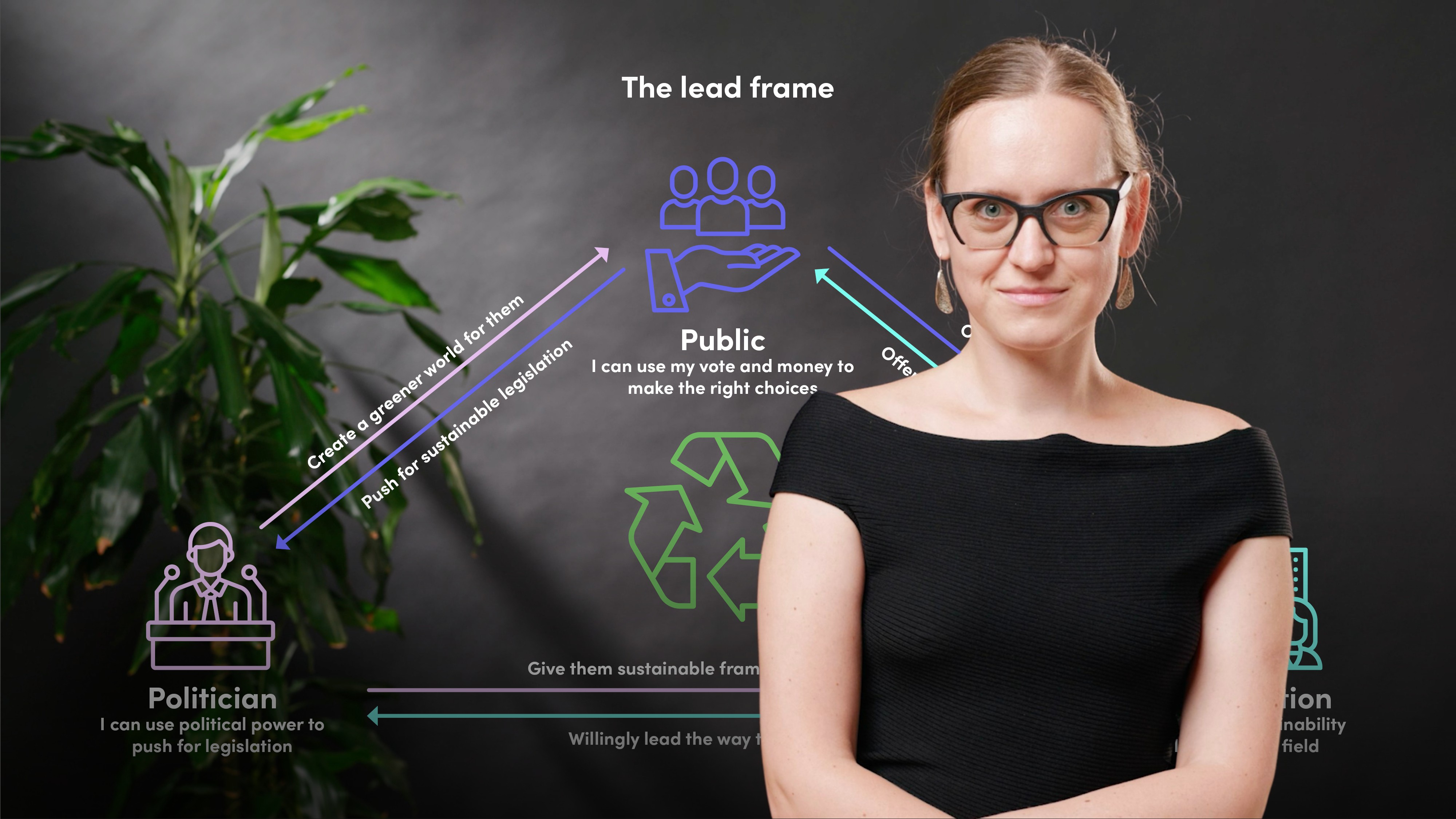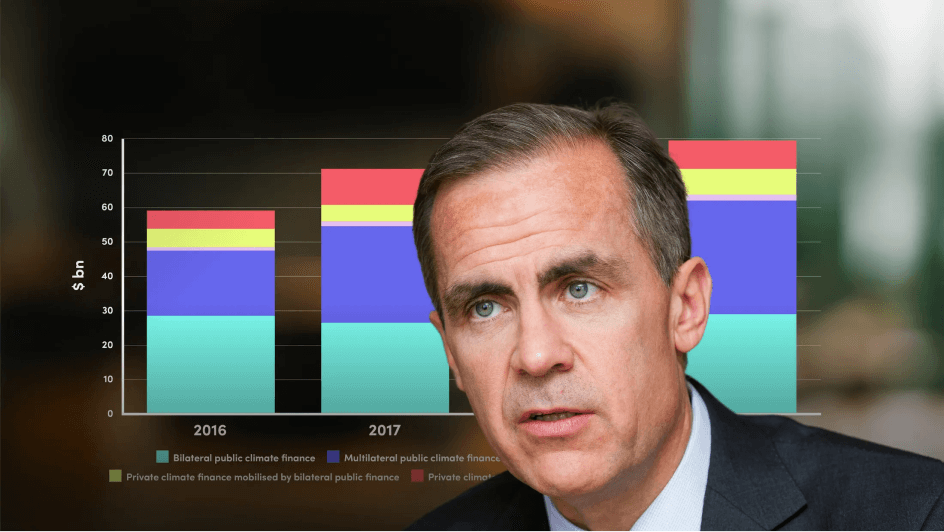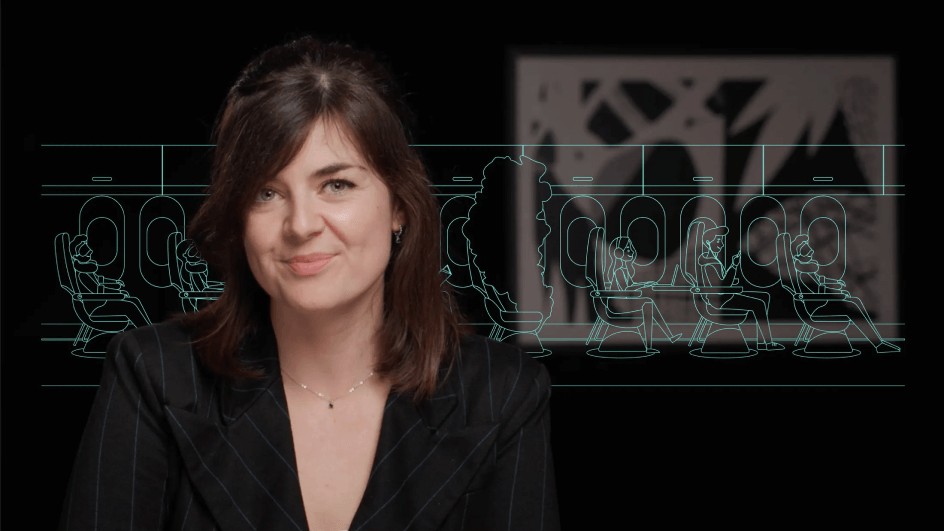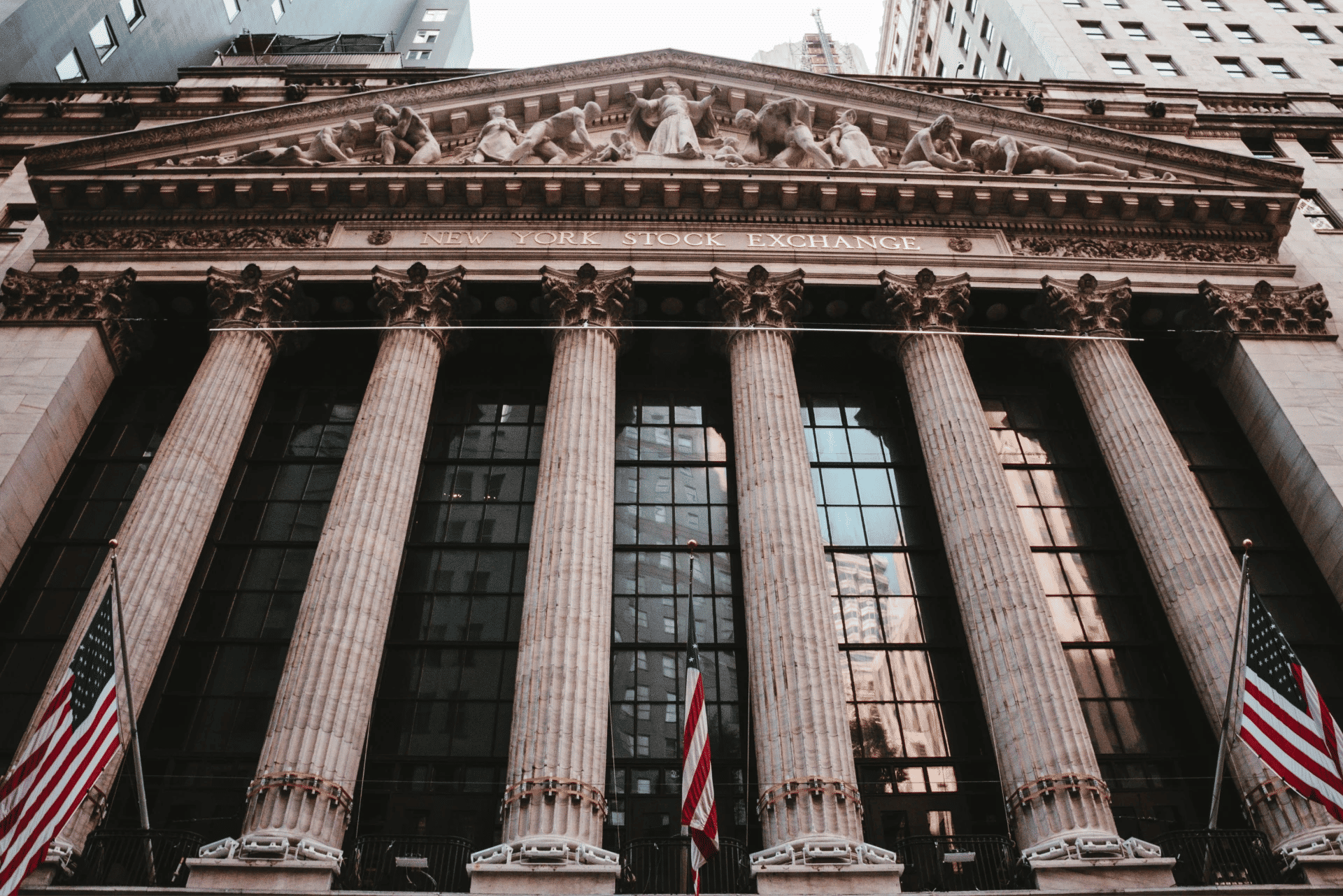
How Can Organisations Lead the Sustainability Transition?

Birgit Valmüür
18 years: Sustainability leadership
Who is best positioned to lead the sustainability transition? Is it governments? Consumers? Join Birgit Valmüür as she argues that corporations are actually best placed to take us forward into a sustainable new world.
Who is best positioned to lead the sustainability transition? Is it governments? Consumers? Join Birgit Valmüür as she argues that corporations are actually best placed to take us forward into a sustainable new world.

How Can Organisations Lead the Sustainability Transition?
17 mins 19 secs
Key learning objectives:
Identify why corporations should lead the sustainability transition
Understand how the ‘blame game’ prevents progress
Outline the actions corporations can take to lead
Overview:
Corporations will encounter two dominant views: 1. that their only responsibility is towards their shareholders or 2. that they have a corporate purpose to create wider social value. It is to be expected that in a business context one will still encounter both views, but, at the same time, without efforts from corporations the world will not be able to reach its climate goals. By 2017 data, 69 of the top 100 economic entities in the world are corporations. Out of 200 economic entities, 157 are corporations. Corporations can be more powerful than governments and aren’t hindered by long-term planning. Corporations are also more knowledgeable than consumers - consumers can only act if given the correct information. By not delaying innovation, lobbying for (not against) sustainability and amending business practices, corporations can lead us into a sustainable new world.
Why should corporations lead the sustainability transition?
By 2017 data, 69 of the top 100 economic entities in the world are corporations. Out of 200 economic entities, 157 are corporations. Corporations can be more powerful than governments and aren’t hindered by long-term planning. Corporations are also more knowledgeable than consumers - consumers can only act if given the correct information. By not delaying innovation, lobbying for (not against) sustainability and amending business practices, corporations can lead us into a sustainable new world.
What is the blame game?
Corporations, governments and consumers all blame each other for the current state of sustainability.
Governments feel that they need to ensure their popularity to remain in power and potentially be re-elected. They need to keep the wider population happy in the near term, so they cannot easily establish changes that would restrict individual preferences. On the other hand, they often owe their power to corporate donors. Their future careers and success in politics may also rely on corporate donations. Hence, they might prefer to suggest that companies and people make changes voluntarily. Individuals often think that what they do individually does not matter as not everyone acts in the same way – particularly as governments do not pass legislation and companies keep producing products and services that are wasteful.
This creates a closed loop of believing and suggesting that someone else holds a key to change and that someone else should lead.
How can corporations lead the sustainability revolution?
Actions of corporations towards the public
1. Meet the expectations of your customers behind the scenes – better your business practices by eliminating your worst harms
2. Help your clients make the sustainable decisions they want to make – avoid greenwashing
3. Educate your customers to create demand for more sustainable products and services
Actions of corporations towards politicians
1. Do not delay innovation until government regulation requires it
2. Avoid lobbying against sustainability efforts
3. Lobby for sustainability efforts
Internal actions of corporations
1. Choose voluntarily to lead the industry with your own business practices
2. Engage with your suppliers and partners to encourage them to change their practices
3. Invite other businesses to join and form wider collaborative efforts.

Birgit Valmüür
There are no available Videos from "Birgit Valmüür"





















